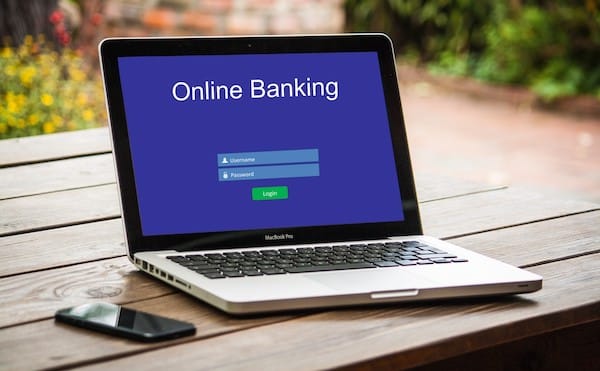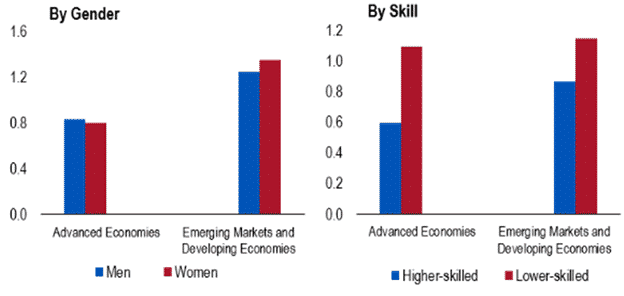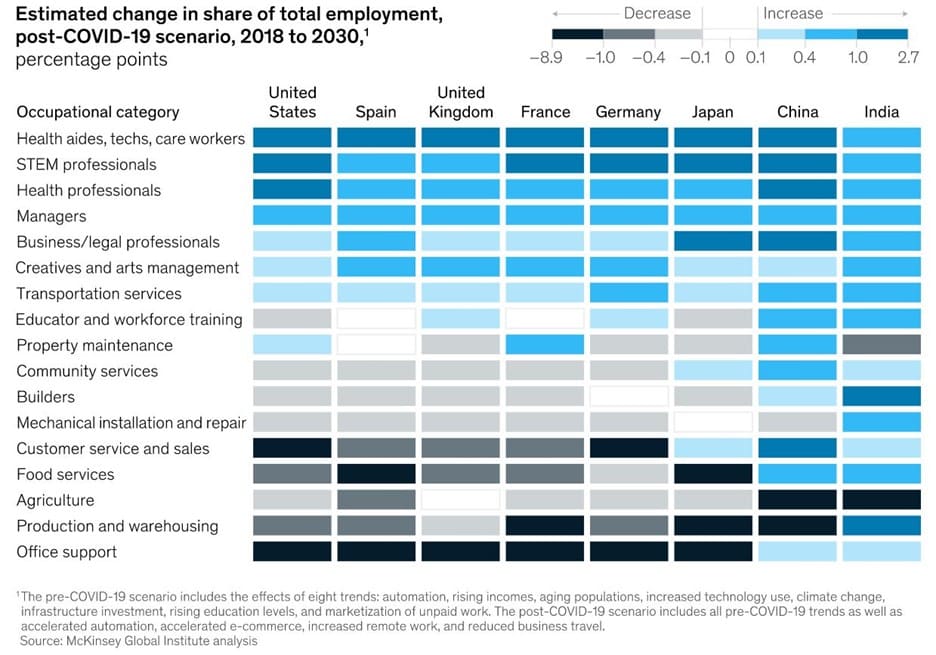It’s been a tumultuous year for the UK stock market to say the least. Between Brexit and the Covid-19 pandemic, March led to some record-breaking highs and lows in the FTSE 100 due to global uncertainty. While some stock exchanges have recovered significantly, the UK stock exchange remains burdened. But it’s not all doom and gloom. There are still many ways to make smart and safe investments on the London stock exchange in 2021. We’ve put together our best stock market tips to help you know how to invest with confidence.
Knowledge is Power
We’ll start with a note for newcomers, although it could also serve as a reminder for the veterans of the exchange. Due to all the hype and chaos around the potential GME short squeeze, many new investors entered the market this year.
This is great news that more people feel empowered to invest, but it’s so important that investors have the knowledge they need to invest well.
By this, we don’t mean knowing everything there is to know about each stock and where it will go. Nobody knows this and anyone who says they do is kidding themselves. What we mean is you need to understand the terminology and mechanics of the UK stock market.
Know your terminology and particularly synonyms for all the different buzzwords. Know which companies pay dividends. Know your different market indices.
One of the most important things to understand and accept is that past performance does not guide future returns. While analysing previous share performance and market performance can give us great insight, that’s all. They don’t guarantee the future of the market or a certain stock.
The LSE Is Unique
The London Stock Exchange (LSE) is one of the largest stock exchanges in the world, with a market value of more than £2 trillion. It’s one of the oldest exchanges in the world and comes with unique benefits and risks.
We’ll start with the good news. Because of its age and stature, the LSE is a financial hub. It’s an advanced financial market.
This makes the securities market both very liquid and stable for investors. For those looking to exchange outside the New York Stock Exchange, the LSE is one of the best options.
It’s also home to some of the largest blue chip companies such as GlaxoSmithKline, Unilever and AstraZeneca. This comes with security, so investing in the LSE comes with less risk than other financial markets worldwide.
It’s not all good news though. The political risks of Britain are unique. While the entire world has been affected by the Covid-19 pandemic, only the UK has the additional risk of Brexit.
Though we’ve left and absorbed the initial hit and consequences, economic uncertainty remains. Not least, as Scotland and N.I polls both continue to show voters wish to leave the UK and rejoin the EU.
Politics aside, the UK economy is a service economy. This is common for developed countries and in good times can mean more stability. But in more volatile times, commodity prices and consumer credit changes can cause problems fast.
Much like our first point, understanding the unique risks and benefits of the LSE allows you to make safer and smarter investments long-term.
UK Stock Market Tips
This uncertainty sounds like bad news, but it isn’t that simple. For those who already invested and faced the market crash of 2020, it seems that for now, the storm is over. For those looking to invest, it’s a bargain.
Though the market has recovered a lot throughout 2020 and into the first quarter of 2021, share prices are low. Barring another global catastrophe, they’re unlikely to be this low again for a while. It’s an excellent opportunity to invest.
This is particularly true for industries worst hit by the pandemic. Share prices in the hospitality sector remain low despite government support. With the end in sight thanks to the vaccine rollout, as well as substantial support to get to the finish line, this could be a great investment as normality returns to the UK.
Stocks that have risen throughout the pandemic may also remain a good long-term investment as consumer habits change. Online businesses such as Ocado have enjoyed strong growth for obvious reasons throughout 2020.
But research suggests the new norm will remain in some aspects. 40% of UK consumers surveyed said they would continue to spend online post-pandemic.
While this is good news for online businesses, it adds additional uncertainty to an already suffering high street. This means staple stocks that were once a safe investment remain troubled into 2021.
The best investing tips we can offer are the ones that could apply to investing on any stock exchange: plan, diversify and remain calm.
Plan
Planning for the unknown can seem impossible because it is. By plan, we mean understand the risks and rewards and plan for uncertainty.
You cannot control how your investments perform, it’s the nature of the game. But you can control how you prepare your investment portfolio to prepare for market changes.
Planning can help you understand how long you’re prepared to invest for, what your objectives are and how your assets are spread. In a volatile market, this can help keep you sane and know when to sell.
Diversify Your Portfolio
In other words, don’t put all your eggs in one basket.
It can be tempting when you read analysis after analysis about some definite market changes. But it’s never definite and as Reddit has proven, experts come in all shapes and sizes.
This isn’t to say don’t invest when the opportunity arises but spread your investments. Over the long-term, variety and patience almost always pays far more than short-term gains.
Diversifying your portfolio should be part of your planning. Researching company operations, competition and the wider industry will help you create a smart portfolio that will perform well throughout market changes.
Keep Calm and Carry On
If the last year has taught investors anything, it’s that nobody can predict the market. So remain calm.
The best investors know not to react rashly to emotion. If you spend your day keeping an eye on scoreboards it will lead to overreactions to short-term changes.
The ups and downs are all normal, so ride them out and focus on your own plans. Planning and diversification can help you avoid panic selling as you know your strategies and long-term goals.
More Financial Information
The best UK stock market tips are the age-old advice applicable for any stock market. Understand your market, plan well and diversify your portfolio. For further research, our blog offers great insight into the UK stock exchange, as well as global exchanges, so make sure to check it out.






